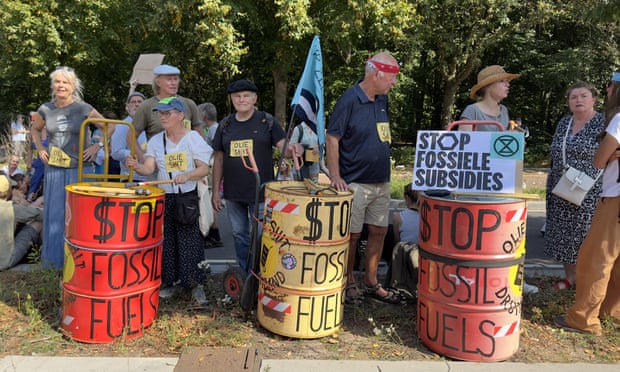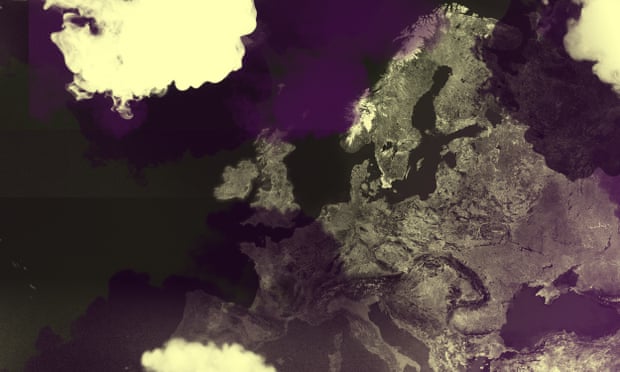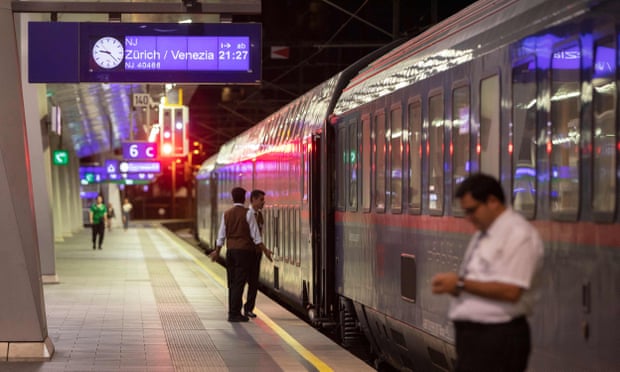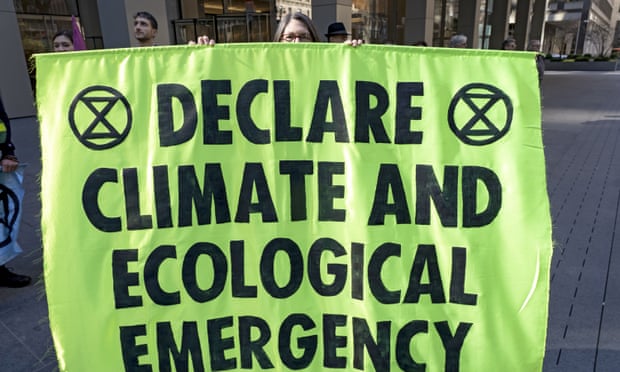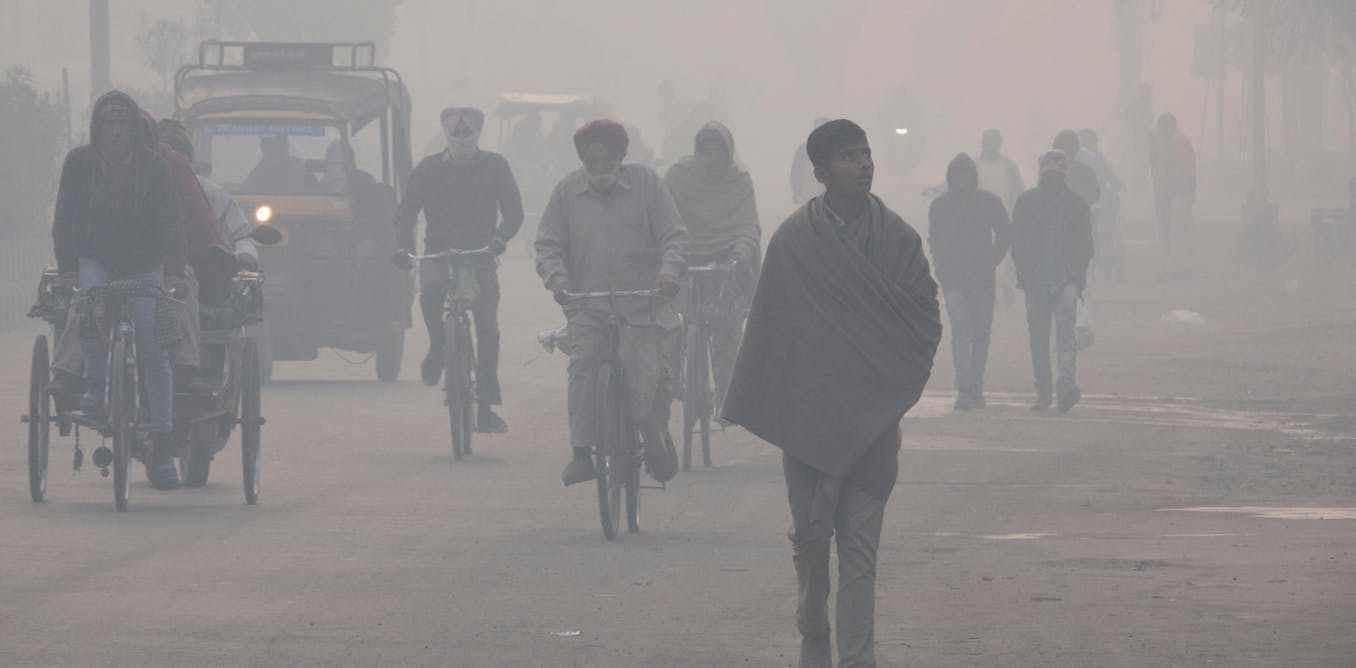Media Lens
None of us has previously witnessed a barrage of extreme weather events of the kind that has been devastating lives across the globe this summer. (...)
Almost as astonishing has been the indifference of our leaders. The silence has been deafening. Where are they? Why is no-one joining the dots and demanding some kind of serious response? (...)
(Text conitinues underneath the picture.)

.
Broadcaster and author Stephen Fry said on the BBC:
‘Extraordinary that you can have a conversation with an economics minister in Labour who didn’t even mention the climate catastrophe coming, that there’s a tsunami coming towards us… yet everyone is talking about just doing the same thing only better. It’s catastrophic.’ (...)
Or compare with NASA climate scientist Peter Kalmus, previously arrested for defending the Earth:
‘Dear journalists of the world: We are at risk of losing basically everything. This – what we’re experiencing now – is how that process unfolds. The more fossil fuels we burn, the further in that process we go.
‘You MUST begin to tell 5 critical truths. Civilization depends on it.’
Despite the overwhelming evidence that climate catastrophe is not just a looming threat, it is here; despite the desperate pleading for help from climate scientists; and despite the surreal silence and indifference of Western political leaders, a stubborn rump of opinion continues to insist that the climate crisis is a cynical scam promoted by vested interests. (...)
It is crucial to look deeper because the reality becomes clear when we ask even the simplest of rational questions:
How does the [media] coverage afforded to climate collapse compare to coverage afforded to other comparable threats?
How much of this coverage recognises the true severity of the threat, its true corporate causes and the business-unfriendly revolution in priorities required if it is to be addressed? (...)
As recently as April 2019, even after the start of the mass climate protests a year earlier, Columbia Journalism Review reported:
‘Yet at a time when civilization is accelerating toward disaster, climate silence continues to reign across the bulk of the US news media. Especially on television, where most Americans still get their news… Many newspapers, too, are failing the climate test. Last October, the scientists of the United Nations’ Intergovernmental Panel on Climate Change (IPCC) released a landmark report, warning that humanity had a mere 12 years to radically slash greenhouse-gas emissions or face a calamitous future in which hundreds of millions of people worldwide would go hungry or homeless or worse. Only 22 of the 50 biggest newspapers in the United States covered that report.’ (...)
Corporate media are not making this the World War Three-style crisis it clearly is. Indeed, the deepest causes and solutions of the crisis are rarely even mentioned. The irony is that climate deniers are convinced the ‘mainstream’ is giving climate collapse heavy coverage precisely because the ‘mainstream’ has obscured the true scale of a crisis that actually merits vastly more coverage. (...)
Thus, while it is, of course, true that our world is currently awash with corporate propaganda downplaying the reality of climate collapse, the disturbing truth is that these deceptions often find a receptive audience. Why? Because many people don’t want to consume less or less cheaply; they don’t want to drive or fly less or less cheaply; they don’t want to be denied ever-expanding consumption. (...)
When industrial capitalism tries to impose infinite economic growth on a finite planet, loss of freedom is the inevitable ultimate result. At this point, we have a painful choice between losing some personal freedoms and losing literally everything.
Complete article
Tags: #climate #climate_change #climate_crisis #fossil_fuels #co2 #pollution #air_pollution #global_warming #extreme_weather #forest_fires #flooding #heat_waves #health #climate_deniers #propaganda #fake_news #disinformation #capitalism #industrial_capitalism

